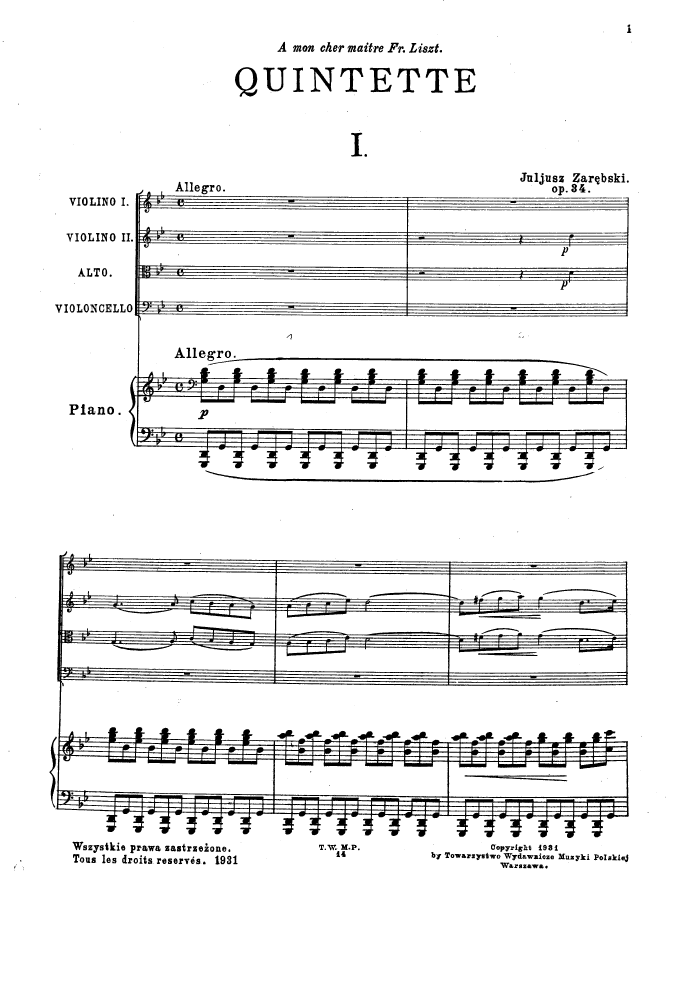The Romanticism in Polish music was preceded by a development of Polish classical songs, piano and symphonic pieces. The first Polish symphony was written around 1740 by Jacek Szczurowski. Other symphony writers included Haydn’s disciple Franciszek Lessel and Chopin’s teacher Józef Elsner (in the photo on the right). Recently discovered sources have enriched our knowledge of Polish music from this period, but it remained on the peripheries of European music history. Only some individual achievements of Polish composers, such as Józef Elsner’s magnificent
Passio Domini Nostri Jesu Christi of 1837, can be compared with the works of the European masters. It was only Fryderyk Chopin, composing almost exclusively for solo piano, who restored Polish music to its place on the European pantheon, creating a unique work which, notwithstanding its universal value, remained deeply rooted in the Polish folk musical idiom.
Chopin’s contemporaries lived in the shadow of his genius, but composer-virtuosos enjoyed much popularity – to mention only the pianist Maria Szymanowska and the violinists: Paganini’s worthy rival Karol Lipiński and Henryk Wieniawski. The mainly occasional music by these composers cannot be called great art, but at least some of these compositions – such as Wieniawski’s two concertos – are still performed today by the greatest virtuosos. The extremely promising talent of Juliusz Zarębski, disciple of Ferencz Liszt and professor of the piano in the Royal Music Conservatory in Brussels, had no chance to develop because of the composer’s early death. His
Piano Quintet in G Minor ranks among the most beautiful pieces of chamber music in all music history.
Other remarkable Polish names of this period are: Ignacy Feliks Dobrzyński, Julian Fontana, Antoni Kątski, Apolinary Kątski, Oskar Kolberg, Ignacy Marceli Komorowski, Karol Kurpiński, Karol Mikuli, Tomasz Napoleon Nidecki, Michał Kleofas Ogiński, Antoni Henryk Radziwiłł, Aleksander Zarzycki.
Dr Mieczysław KominekDr Mieczysław Kominek
Read more:
Fryderyk Chopin - a calendar
Poprzedni artykuł:
Polish opera


